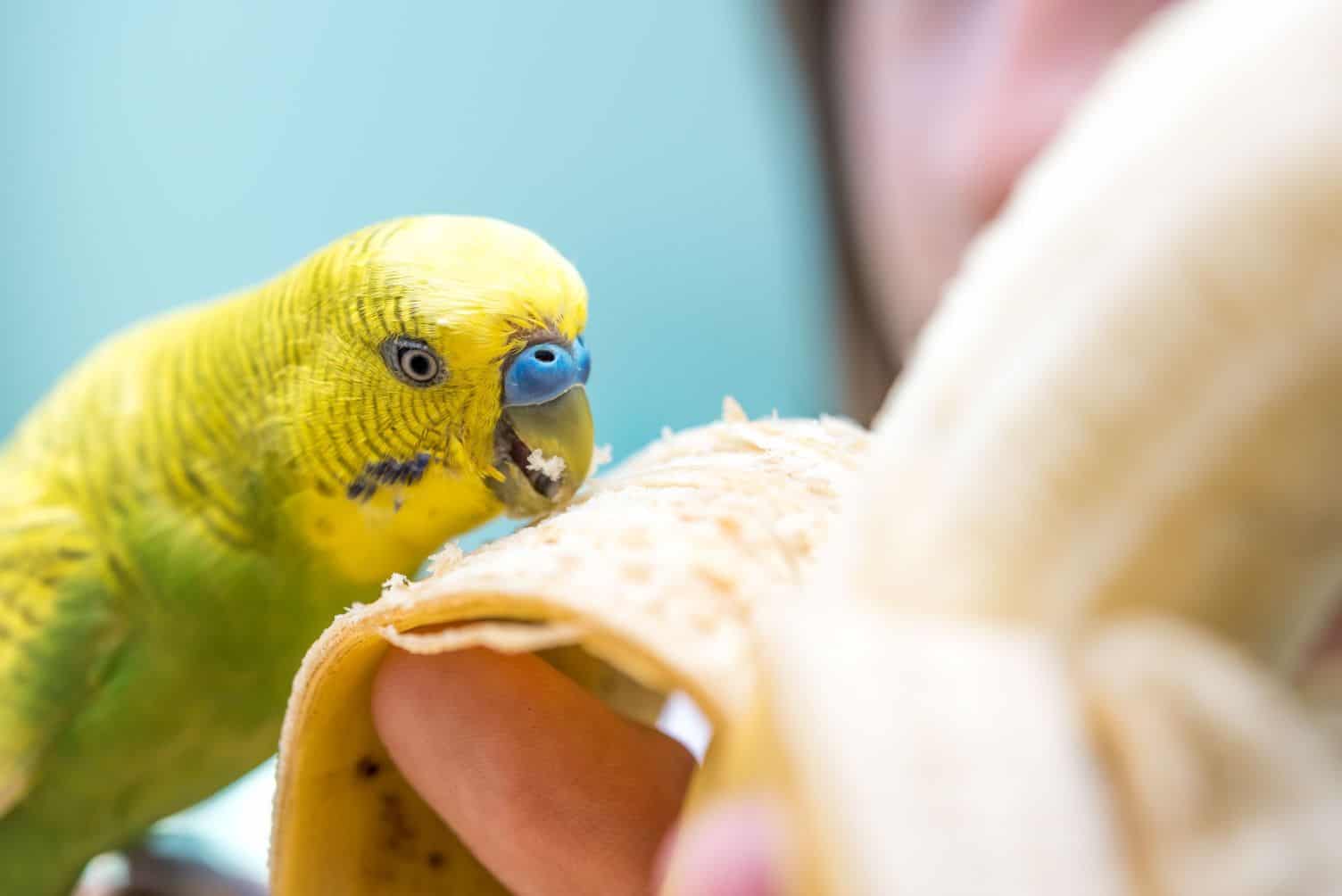Feeding Exotic Pets: Tips and Tricks for Optimal Nutrition


The old adage “you are what you eat” applies to all of us—especially to our exotic pet species. Animal Care Unlimited adores creatures great and small, and our expert team knows how important exotic pet nutrition is for these special critters.
Why Exotic Pet Nutrition is Important
The term exotic pet is one that has a pretty broad definition—in fact, in some circles it simply refers to an animal that is not a dog, cat, or a farm animal. This means that an exotic pet could be anything from a parakeet to a hedgehog to a mouse to a gecko.
When you start to think about the broad range of species that fall under the umbrella of exotic pets, it becomes easier to understand why knowing about the special dietary needs of exotic pets is so important. Cats can’t eat chicken feed and lie a full and healthy life, after all.
Feeding exotic pets correctly is one of the main foundations for helping these non-traditional species thrive. Many have special dietary needs and if you don’t know, you can’t help them to be healthy and happy.
Top Tips for Optimal Nutrition
We have a few tips for feeding exotic pets that will help you to provide the best possible nutrition for your non-traditional family member.
- Do your homework! Understanding what your species of choice needs before you commit is key. (Hint: Contact us and we are happy to talk you through what things to consider).
- Know if your pet is a carnivore (ferrets), herbivore (bunnies), omnivore (rats), or an insectivore (hedgehogs, leopard geckos).
- Think about vitamin and mineral requirements your pet has (Guinea pigs cannot make their own vitamin C). How will you provide for those needs?
- Determine what and how many treats are appropriate for your species of choice.
- Know what foods might be toxic or harmful for your pet (avocados are toxic to birds and feeding your rabbit iceberg lettuce is a bad idea)
- Think about how much and how frequently you should feed your pet (a snake might only need to eat once a week or so while a mouse might eat fifteen times a day).
- Understand what digestive needs your pet has (for instance, rabbits require roughage).
Use reputable resources to educate yourself about the care and proper nutrition of your selected species. Knowing how to care for these special pets is a huge part of helping them live long and healthy lives. Our staff is here to help you make that happen, whether your pet has four legs, six legs, two legs, or none.
